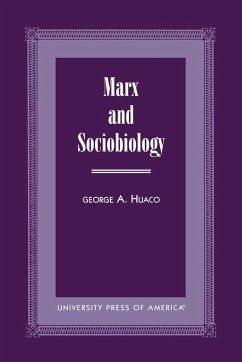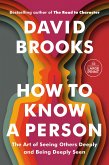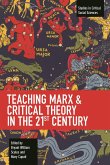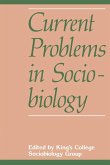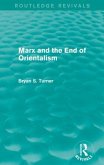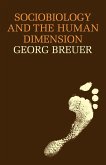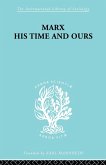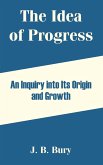Provocative in content, this book is the only one of its kind to evaluate Marx's work in light of recent theories in sociobiology. Huaco identifies several dynamic aspects of Marx's socio-cultural model and uses current research concerning the genetic basis of certain human behaviors to determine their validity. Specifically, he examines issues surrounding ownership relations, surplus transfer and economic exploitation, class struggle, and the development of high culture. In addition to arguing that innovation and competition are necessary to prevent a stagnant economy, Huaco contends that stopping surplus transfer will not eliminate poverty as Marx maintained. Instead of retaining surplus, society can develop ways to recover surplus that will put an end to poverty and the social problems that stem from it. Sociologists and other scholars interested in socio-economic theory will find this thought provoking work stimulating.

